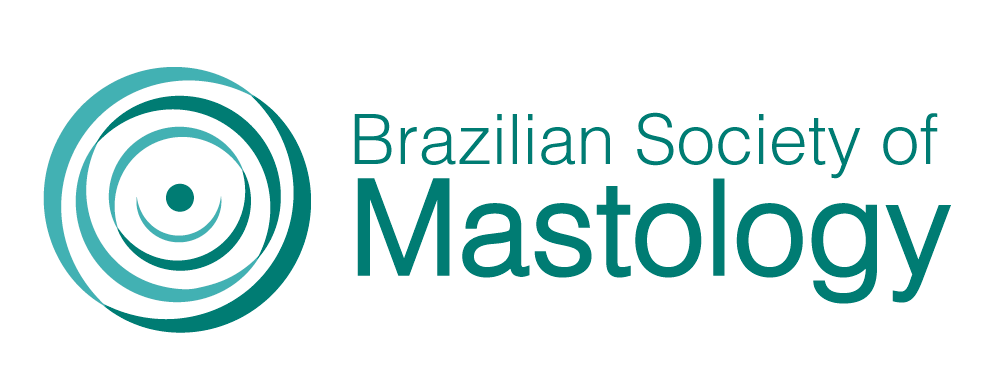FAT GRAFTING AFTER RADIOTHERAPY AND BREAST IMPLANT
Palavras-chave:
Fat Graft, Radiotherapy, Breast Reconstruction, Breast ImplantResumo
This is a case report of reconstruction of the right breast and aesthetic improvement of the left breast, in a 52-year-old smoker woman, with bilateral breast cancer, neoadjuvant chemotherapy, modified radical mastectomy on the right, quadrantectomy with left, lymphadenectomy, and radiotherapy (RT). She sought the Amaral Carvalho Hospital for reconstructive surgery after 6 years of treatment. She underwent fat grafting (FG) with 237 mL on the right breast and 90 mL on the left breast and correction of the left areola. After 6 months, a retromuscular tissue expander was placed on the right, and remodeling of the breast and correction of the surgical scar are done on the left. After 8 months of achieving expansion with 350 mL of saline solution, the tissue expander was replaced by a wide base anatomical prosthesis with 485 mL and a 225 mL nonanatomical round prosthesis additive to the left. RT makes breast reconstruction difficult, as it gives better results with myocutaneous flaps. FG has a regenerative effect on irradiated tissues. Historically, reconstruction with autologous tissue is preferable to reconstruction with implantation in patients irradiated after mastectomy, as it presents less reoperation (16.6% vs. 37.0%, p<0.0001), total complications (30.9% vs. 41.3%, p<0.0001), and reconstructive failure (1.6% vs. 16.8%, p<0.0001). Radiodermite affects more than 90% of patients treated with RT. The dermis is affected with an increase in fibrosis, reduction in the number of capillaries, and irregular distribution. FG is able to reverse these changes. FG improves the characteristics of irradiated tissue, restores elasticity, and allows breast reconstruction with an implant without a myocutaneous flap.
Downloads
Downloads
Publicado
Como Citar
Edição
Seção
Licença
Copyright (c) 2021 Paulo Roberto Moura de Sousa, Mauricio de Aquino Resende, Ailton Joioso, Raimundo Jovita Araujo Bonfim, Carlos Eduardo Witoslawski Breda

Este trabalho está licenciado sob uma licença Creative Commons Attribution 4.0 International License.







